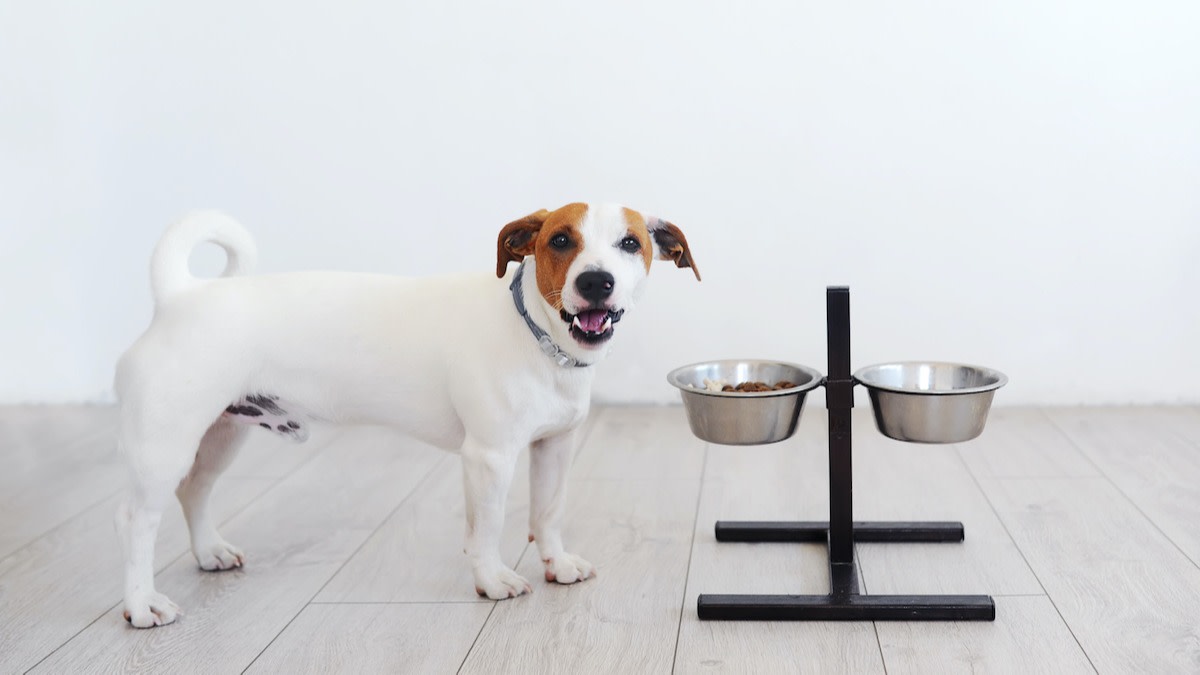Can Dogs Eat Corn? Tips for Feeding Dogs Corn
Written by MasterClass
Last updated: Mar 22, 2022 • 2 min read
Corn is one of the most prolific ingredients in both dog food and human food, but there are certain corn products you’ll want to avoid feeding your dog. Learn what types of corn are safe to feed your furry friend and which ones to avoid.
Learn From the Best
Is Corn Good for Dogs?
When eaten as part of a balanced diet, corn can provide several nutritional benefits to your dog. Corn is high in fiber, carbohydrates, linoleic acid, and omega-6 fatty acids, and it's a source of protein. Plus, corn contains antioxidants like vitamin E and beta-carotene, which may help support your dog's immune system.
It’s common for pet food brands to use corn fillers—such as cornflour, cornmeal, and corn gluten meal—as a binding agent. These fillers can also help boost the nutritional value of the kibble and keep it affordable. However, due to the high level of carbs found in sweet corn, it's best to avoid feeding too much corn to dogs with diabetes or obesity issues.
Can Dogs Eat Corn Kernels?
It is safe to feed your dog corn kernels in moderation. However, it's best to opt for fresh or frozen whole corn kernels instead of the canned variety. Canned corn kernels contain high levels of sodium and can negate the nutritional value of corn. Always use caution when introducing new foods to your dog's diet. Though it is rare, some dogs experience food allergies. Though corn allergies are not common in dogs, they are possible.
Can Dogs Eat Corn on the Cob?
No, feeding your dog corn on the cob is never a good idea. Corn cobs pose a choking hazard, and even if your dog doesn’t choke on a piece of corn cob, they won’t be able to digest it; corn cobs are incredibly absorbent and swell up inside your dog's intestines. Corn cob ingestion can lead to intestinal blockage and painful gastrointestinal symptoms. Some large dog breeds may be able to tolerate small pieces of corn cob, but medium and small dogs are likely to experience adverse symptoms. When dogs eat corn cobs, they may experience sluggishness, abdominal pain, irregular bowel movements, constipation, loss of appetite, vomiting, or diarrhea.
In some cases, intestinal obstruction can be life-threatening and require emergency surgery on a dog’s esophagus or digestive tract. Keep trash cans secure and out of reach from your dog. If you think your dog has eaten corn on the cob or you notice a decline in your pet's health, call your veterinarian to schedule an emergency physical examination.
Can Your Dog Eat Popcorn?
Dogs can enjoy a couple of pieces of plain, air-popped popcorn as an occasional treat. However, buttered popcorn or popcorn covered in salt and other seasonings can have adverse effects on your dog's digestive system. In general, you should only give snacks and dog treats to your dog in moderation.
Before Sharing With Your Pooch
Certain human foods can cause adverse reactions in canines, so always consult your veterinarian to determine whether it is safe to add these foods to your pet’s diet. This article is for educational and informational purposes and is not a substitute for medical or dietary advice.
Want to Learn More About Training the Goodest Boy or Girl?
Your dream of having a dog who understands words like “sit,” “stay,” “down,” and—crucially— “no” is just a MasterClass Annual Membership away. The only things you’ll need to train up a well-behaved pup are your laptop, a big bag of treats, and our exclusive instructional videos from superstar animal trainer Brandon McMillan.
